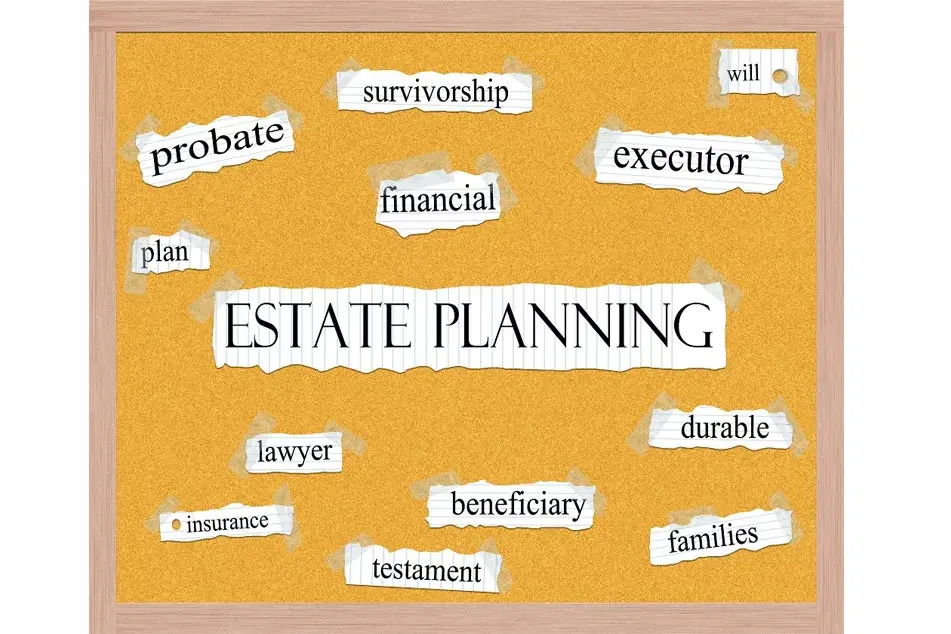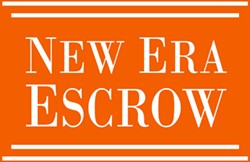
We’re fairly certain that if you were to survey your clients and ask about their favorite activities, estate planning probably wouldn’t even make the list. Nevertheless, as a family attorney, you understand the importance of estate planning at an intimate level. That’s why, although most estate planning clients just want to execute a will, your goal is to help ensure that the estate plan doesn’t harm those it was meant to benefit.
The good news is that whether your clients are concerned about the prospect of their loved ones facing a lengthy probate process or not, California’s new estate planning laws can greatly benefit your clients.
Table of Contents
ToggleThe New Estate Planning Revocable Transfer on Death Deed Law
The new revocable transfer on death deed (RTDD), which is part of California’s new estate planning laws, took effect on January 1, 2016. California’s new legislation will greatly change the way that your clients plan their afterlife affairs and will alleviate some of the many concerns that previously plagued testators.

What is an RTDD?
A revocable transfer on death deed transfers a residence – by gift – from one person to another. Unlike other instruments of transfer, the RTDD only takes effect upon the death of the person transferring the property. Similar to a will, the RTDD is revocable at any time during the life of the person making the deed. However, unlike a will, there is no need for probate upon the death of the transferor.
- Identify the Property that Will Form the Subject of the RTDD – Properties with a dwelling home, a condominium, and agricultural land with a maximum of 40 acres and upon which exist a single family home, are the only property types allowed with an RTDD.
- Identify the Beneficiary – You must know the full name of the person or persons who will be listed as beneficiaries under the RTDD. Your client will not be able to solely use nicknames or general descriptions like “my one and only beloved wife” to identify their beneficiaries. Where there are multiple beneficiaries, the property will be transferred to each equally.
- Complete and Record the Required Form – Upon completion of the RTDD, remember to have the client sign and notarize it. Likewise, it must be recorded in the county in which the subject property is located, no more than sixty days after signing.
What if Your Client Changes Their Mind?
The RTDD is a revocable document and such revocation can take effect anytime during the life of the transferor. However, there are right and wrong ways of revoking a RTDD. Here are three correct ways to make certain that your client’s change of heart is a legal one.

- Revoking an RTDD – Clients may prepare, sign, notarize and record of form of revocation. Just like the RTDD, following this process of revocation is important.
- Recording a New RTDD – An individual may also record a new RTDD. Once a new RTDD is in effect for the same property, the one that is last in time is considered the valid deed and any previous deeds are considered revoked.
- Transferring the Property – Your client may simply transfer the property during their lifetime. Since the RTDD does not take effect until death, if the property is legally transferred during the life of the transferor, there is nothing to transfer upon death.
What is the wrong way? Individuals cannot revoke a RTDD by including a clause of revocation in their will or by gifting the property to someone else in the will.
RTDD and Shared Ownership
Your clients are not precluded from preparing a RTDD, if there are other owners of the subject property or where such co-owners are ignorant or not in agreement with your decision. However, do inform your clients that like a will, with an RTDD they can only give away their share of what they own. Additionally, it should be noted that the legal principle of the right of survivorship cannot be defeated by a RTDD.
The new law will bring vast changes to the way in which many pursue their estate planning. So give your clients peace of mind by taking the time to acquaint yourself with this new law and watch your estate planning practice flourish in the process.

Donna Fuscaldo. (2021, May 30). 4 Reasons Estate Planning Is So Important. Investopedia.
Molly Grace. (2022, August 15). Who’s Responsible For A Mortgage After The Borrower Dies?. Rocket Mortgage.
Troy Segal. (2021, June 29). Questions to Ask Your Estate-Planning Attorney. Investopedia.
